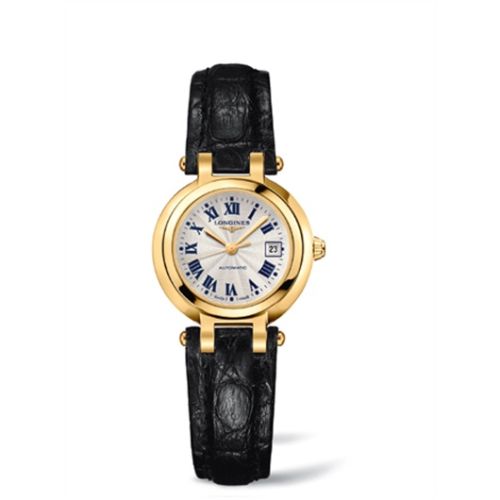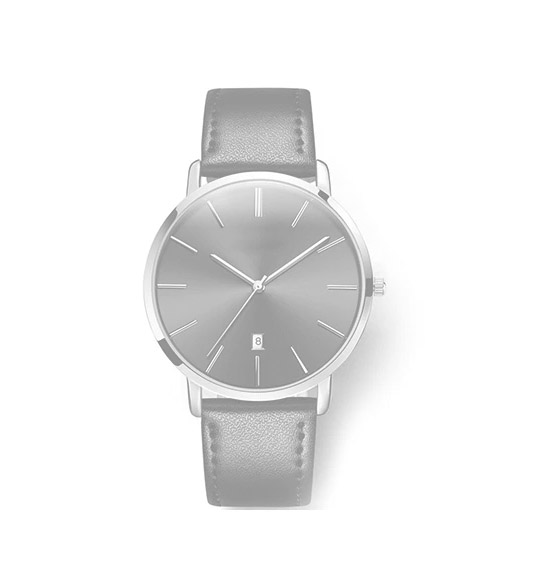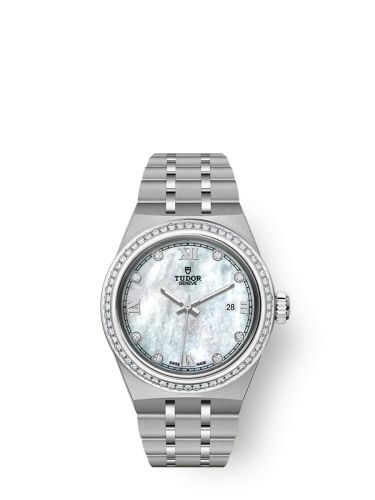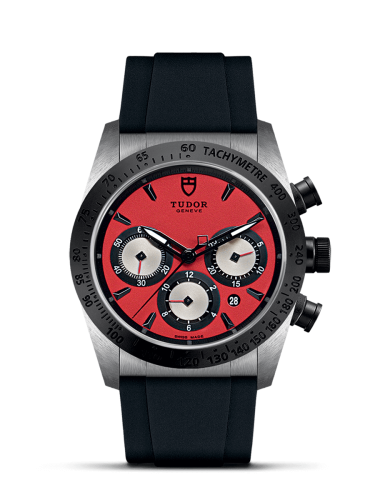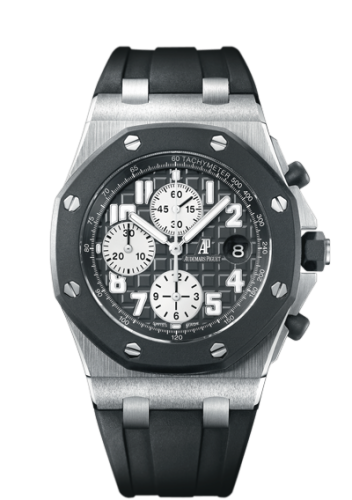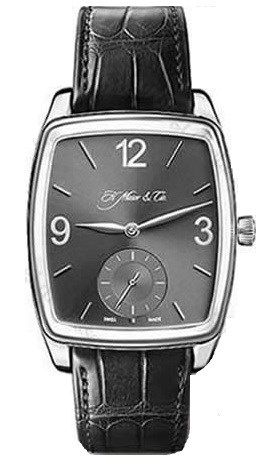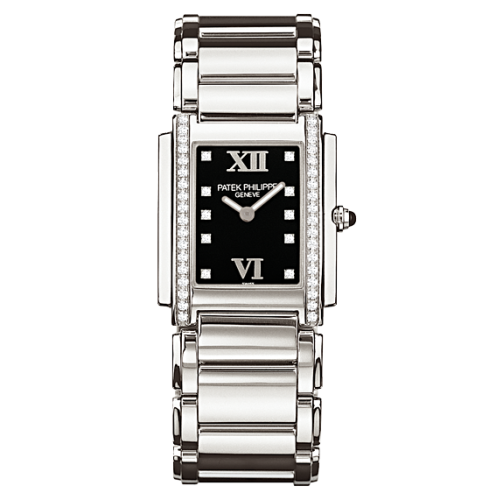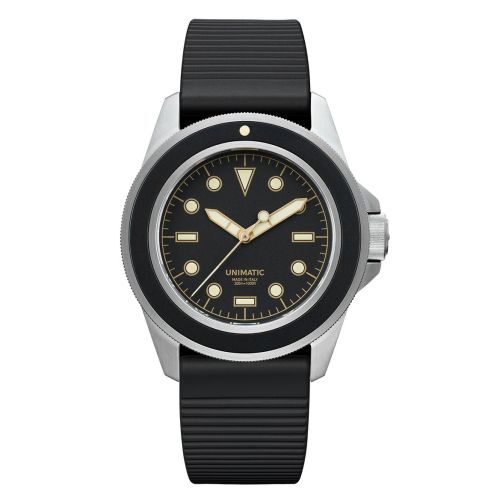
What are the ethical concerns with luxury watches?
The luxury watch industry, often synonymous with craftsmanship, prestige, and status, also grapples with a range of ethical concerns that merit consideration. One of the foremost issues is the sourcing of materials. Many high-end timepieces use precious metals and gemstones, which can be linked to unethical mining practices. These practices often involve environmental degradation, exploitation of workers, and funding of conflict in certain regions. The quest for gold, diamonds, and other materials has led to devastating social and ecological consequences, raising questions about the true cost of luxury.
Additionally, the production process of luxury watches raises concerns about labor practices. While some brands pride themselves on artisanal craftsmanship, there are reports of poor working conditions, low wages, and long hours in the watchmaking industry, particularly in developing countries. The disparity between the high prices of luxury watches and the wages of those who produce them can be stark, leading to a conversation about fair compensation and ethical labor practices.
Another significant ethical consideration is the environmental impact of luxury watch manufacturing. The production process can consume vast amounts of resources, contribute to pollution, and generate waste. As consumers become increasingly aware of climate change and environmental sustainability, the luxury watch sector faces pressure to adopt more eco-friendly practices. This includes using sustainable materials, reducing carbon footprints, and ensuring that the life cycle of their products minimizes harm to the planet.
The phenomenon of luxury branding itself raises ethical questions. The marketing strategies employed by luxury watch brands often promote an image of exclusivity and status that can perpetuate consumerism and materialism. This can lead to a culture where value is placed on possessions rather than personal qualities or achievements. The allure of luxury watches can sometimes overshadow the importance of ethical consumption, leading buyers to overlook the implications of their purchases.
As the luxury watch market continues to evolve, there is a growing movement towards transparency and accountability. Some brands are beginning to adopt ethical practices, such as offering certifications for sustainable sourcing or committing to fair labor standards. This shift reflects a broader trend in consumer preferences, where buyers increasingly seek products that align with their values.
In conclusion, while luxury watches represent artistry and sophistication, the ethical concerns surrounding their production and consumption cannot be ignored. From sourcing materials responsibly to ensuring fair labor practices and minimizing environmental impact, the industry faces significant challenges. As awareness of these issues grows, both consumers and manufacturers are called to reflect on their choices and the broader implications of luxury consumption in today's world.


